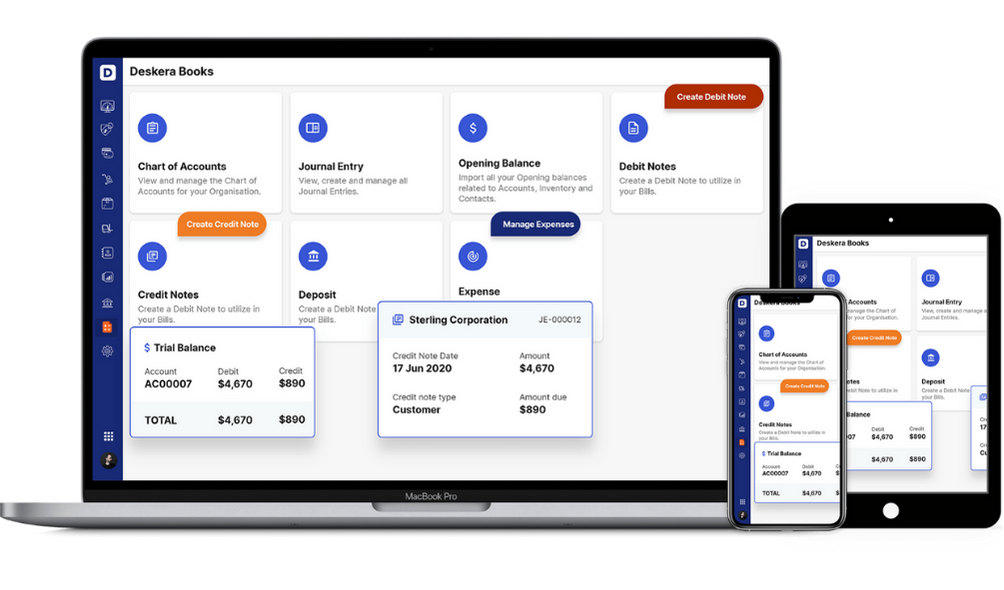A stimulus check is a tax-free cash payment issued to eligible Americans through direct deposit, checks or debit card. Even if you get an excessive amount, you are not required to repay the money to the government. Additionally, you are free to use the grant money as you want.
Economic Impact Payments or the EIPs and the Recovery Rebate Credit are two more names for stimulus checks.
COVID-19 impacted the lives of millions of people across the nation. This has in turn, affected the way people spend. In other words, the consumer belt being affected implies the economy being affected. As a measure to boost economy, the US government began providing stimulus checks equivalent of tax credit.

For all your questions on stimulus check, this article could be a helpful guide. Here is all that we cover in this post:
- What is Stimulus Check?
- If I owe taxes, will I get a Stimulus Check?
- Examples of Stimulus check
- Who is eligible for a stimulus check?
- Third Payment modifications
- When do the Stimulus Payments stop?
- Is the Stimulus payment considered taxable income?
- Receiving your money
- How can Deskera Help You?
- Key Takeaways
- Related Articles
What is Stimulus Check?
A stimulus check is an amount paid to taxpaying citizens by the government. Stimulus checks are given to citizens to help strengthen the economy by giving them money to spend. Consumer expenditure is an essential part of a successful economy, and it typically decreases during times of economic instability. As a result, the government issues stimulus checks to keep consumer confidence high and stimulate spending.
A stimulus check will be delivered to taxpayers or an equivalent tax credit would be provided. The checks are normally automatically applied to the outstanding amount payable by people who owe taxes.
Stimulus checks are a type of fiscal policy, which indicates the government uses them to try to alter a country's economic conditions.
Understanding Stimulus Check
Under specific economic scenarios, a government may take a few steps to keep the economy from sliding into recession. In an overheated economy, the government can use contractionary fiscal policy to calm the economy by cutting government expenditure and raising taxes.
In a recession, a government might use expansionary fiscal policy to stimulate the economy by increasing government spending and lowering taxes. In other words, a stimulus check can be seen as a way of lowering taxes in order to increase consumption along with providing financial relief to individuals.
If I owe taxes, will I get a Stimulus Check?
Yes. Stimulus payments are protected from all adjustments and offsets under the American Rescue Plan, which sanctioned the last round of stimulus checks. This implies you are eligible to receive the entire amount you qualify for, even if you owe back taxes or have past-due federal or state debt, such as child support.
Your check, however, will not be protected from non-government debt, such as medical costs or credit card debt. Creditors may be able to confiscate the money after it reaches your bank account.
In most regions, creditors can obtain access to bank accounts to satisfy debts by a court order. On March 8, several consumer and banking trade groups sent a letter to Congress urging them to pass laws protecting the newest round of stimulus checks against such garnishments.
Note: Your payment will be impeded for only one reason, according to the IRS: if you owe past-due child support.
In that case, the Bureau of Fiscal Service will send you a letter stating that a percentage (or perhaps all) of your stimulus payment would be applied to your past-due child support.
Examples of Stimulus Check
The US government has been working towards delivering relief to its citizens in times of crisis. Stimulus checks or direct payments were made by the US government to American families in response to COVID-19. During the epidemic outbreak, three stimulus checks were issued:
- The CARES Act (Coronavirus Aid Relief and Economic Security Act) gave up to $1,200 to each qualifying adult and $500 to each dependent child.
- In December 2020, Congress approved an additional stimulus check of up to $600 per qualified adult and dependent child.
- The American Rescue Plan Act made a third stimulus check of up to $1,400 per adult and dependent available, on March 11, 2021.
Who is eligible for a stimulus payment?
The eligible people who have received the payments earlier did not have to do anything more to be able to receive the third payment. In general, if someone met the following criteria, they were eligible for the entire sum of the third Economic Impact Payment stated by the IRS:
- U.S. citizen or resident alien (and their spouse if filing a combined return)
- If you are not dependent on a taxpaying citizen
- If you have adjusted gross income or the AGI which is not over:
- $150,000 if you are married and are filing a joint return or if you are filing as a qualifying widow or widower
- $112,500 if you are filing as the head of the family or
- $75,000 in case you have any other filing status
Third payment modifications
The third set of stimulus check payments varies from the payments that were rolled out earlier. Here is how they differ:
- The income phaseout amounts have shifted. Individuals with an AGI or adjusted gross income of more than $75,000 (or $150,000 if married and filing jointly) had their payments decreased. Individual payments were cut to $80,000 and married couples who were filing jointly to $160,000. People who earned more than these amounts were not compensated.
- The payment amounts differ. The average family received $1,400 per person, which included all dependents shown on their tax return. A single person with no dependents would usually earn $1,400, while married taxpayers with two dependents would receive $5,600.
- The number of qualifying dependents has increased. The third payment was not limited to children under the age of 17. Individuals who were eligible got a payment based on all of their qualified dependents listed on their tax return, which included elder relatives such as university students, physically challenged, parents, and grandparents.
When do the Stimulus Payments Stop?
Above specific AGI levels, payments were phased out – or reduced. This means that those who have an AGI of at least:
- $160,000 if married and submitting a combined return or in case you are filing as a qualifying widow or widower,
- or $120,000 if filing as the head of the family
- $160,000 if married and submitting a combined return
Third Stimulus Check Amount
The sum of the third EIP or stimulus check was as follows:
- $1,400 for an eligible individual with a valid Social Security number
- $2,800 for married couples with valid Social Security numbers and who have filed joint returns and one of the spouses served in the US Armed Forces at any period within the taxable year
- $1,400 for each dependent who has a valid SSN or an IRS-issued Adoption Taxpayer Identification Number
Is the stimulus payment considered taxable income?
Your stimulus check will not be considered taxable. This payment won’t affect or reduce your refund amount. Nor will it increase the amount owed.
The stimulus payment is a refundable tax credit. This implies that the government gives you money, even if you didn’t pay anything in taxes.
Receiving Your Money
The majority of eligible individuals received their third Economic Impact Payment without having to do anything further. The IRS analyzed publicly accessible data to verify your eligibility and issued the third payment to those who fit any of the following points:
- Submitted a tax return for 2020
- filed your 2019 tax returns if the 2020 tax return had not been processed till then
- did not pay returns for 2019 and 2020 but enrolled for the first Economic Impact Payment using the Non-Filers tool in 2020
- got enrolled through the 2021 Child Tax Credit Non-filer Sign-up Tool
- are a federal recipient of the benefits who generally does not file a tax return
How can Deskera Help You?
Deskera Books is an online accounting, invoicing, and inventory management software that is designed to make your life easy. A one-stop solution, it caters to all your business needs, from creating invoices and tracking expenses to viewing all your financial documents whenever you need them.

Key Takeaways
The points learned from the article are as follows:
- A stimulus check is a tax-free cash payment issued to eligible Americans through direct deposit, check, or debit card
- Even if you get an excessive amount, you are not required to repay the money to the government
- Economic Impact Payments or the EIPs and the Recovery Rebate Credit are two more names for stimulus checks
- Stimulus checks are given to customers to help strengthen the economy by giving them money to spend
- Consumer expenditure is an essential part of a successful economy, and it typically decreases during times of economic instability. As a result, the government issues stimulus checks to keep consumer confidence high and stimulate spending
- Stimulus payments are protected from all adjustments and offsets under the American Rescue Plan, which sanctioned the last round of stimulus checks. This implies you are eligible to receive the entire amount you qualify for, even if you owe back taxes or have past-due federal or state debt, such as child support
- Your payment will be impeded for only one reason, according to the IRS: if you owe past-due child support
- U.S. citizen or resident alien (and their spouse if filing a combined return) are eligible to receive the stimulus payment
- If you are not dependent on a taxpaying citizen, then you are eligible to receive the stimulus payment
- If you have adjusted gross income or the AGI which is not over $150,000 if you are married and are filing a joint return or if you are filing as a qualifying widow or widower OR $112,500 if you are filing as the head of the family OR $75,000 in case you have any other filing status, then also you are eligible for receiving the stimulus payment
- Above specific AGI levels, payments were phased out or reduced
- Your stimulus check will not be considered taxable. This payment won’t affect or reduce your refund amount. Nor will it increase the amount owed.
Related Articles












